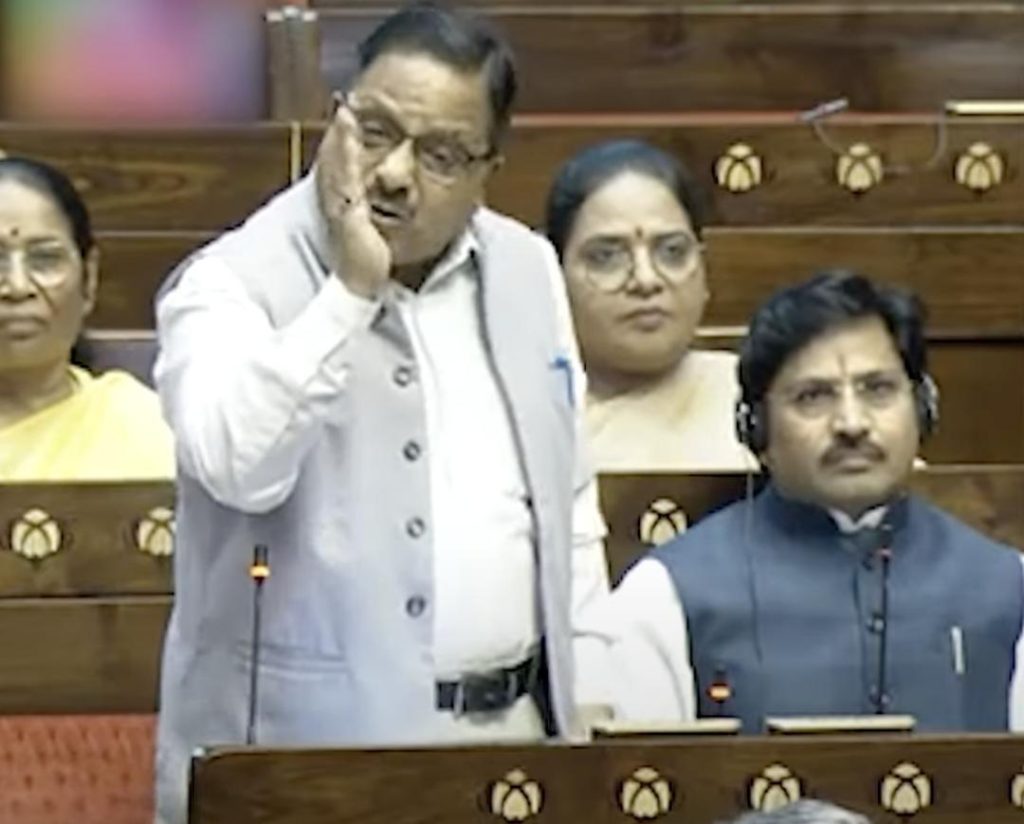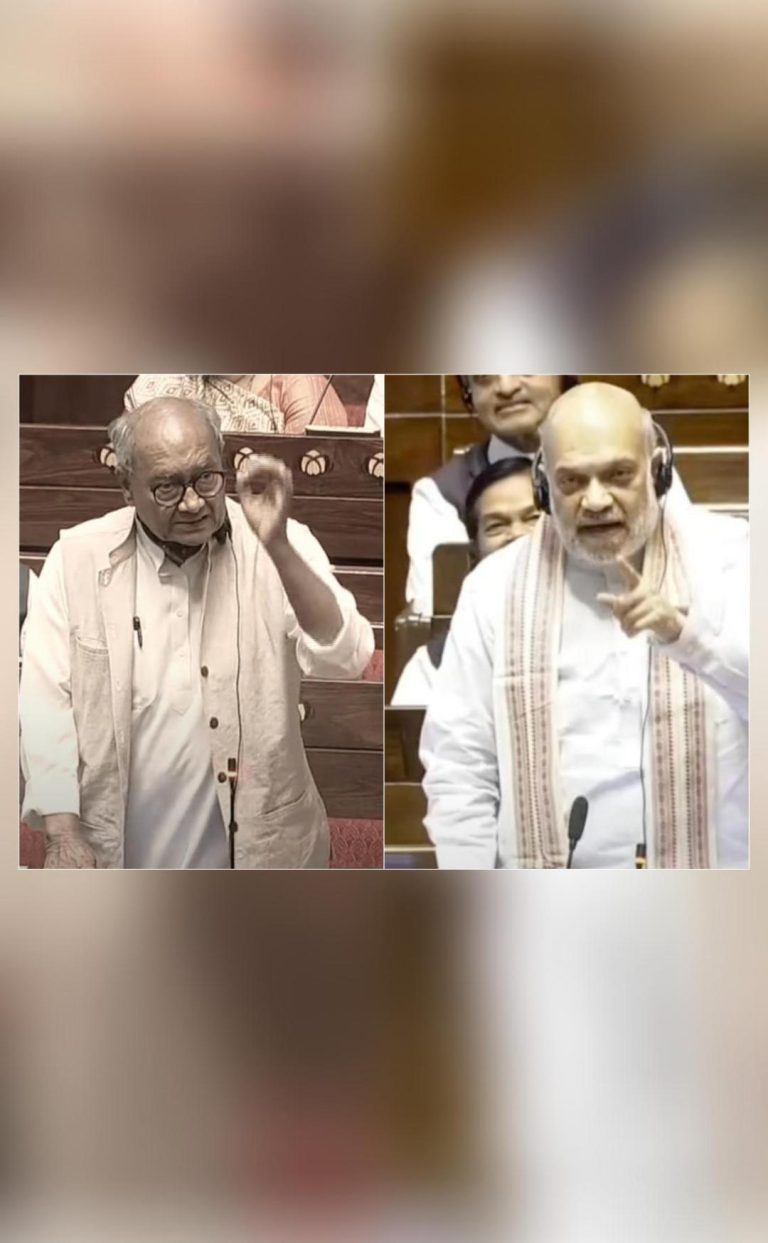
Should I Read the Quran and Tell You What’s Written in It: BJP MP Radha Mohan Das on Waqf Bill
The Waqf Bill, a contentious piece of legislation aimed at reforming the management and administration of Hindu and Muslim religious properties, has been a subject of much debate in recent times. During a discussion on the bill in the Lok Sabha, a BJP MP, Radha Mohan Das, made a statement that sent shockwaves across the country. The MP asked if he should read the Quran and tell what is written in it, sparking a heated debate about religious sensitivity and the role of politicians in discussing religious texts.
The Waqf Bill, which was introduced by the central government in 2019, seeks to amend the Waqf Act of 1995 and ensure the efficient management of waqf properties. A waqf is a charitable endowment of immovable property, which is dedicated to religious or charitable purposes. The bill aims to bring the management of waqf properties under the purview of the Ministry of Minority Affairs and to establish a National Waqf Development Corporation.
During the discussion on the bill, Radha Mohan Das, a BJP MP from Uttar Pradesh, made a statement that seemed to question the authenticity of the Waqf Board’s claims about its properties. “The Quran says that even if one rupee is given to anyone, there should be a written record…And you say you have so many properties without a record,” he said, according to a video clip that has gone viral on social media.
Das’s statement was met with instant outrage from opposition parties, who accused him of being insensitive and ignorant about religious texts. The Congress Party’s leader in the Lok Sabha, Adhir Ranjan Chowdhury, termed Das’s statement as “unbecoming” and “unparliamentary”. Another Congress MP, Jyotiraditya Scindia, said that Das’s statement was a “distortion” of Islamic teachings.
However, Das’s supporters defended his statement, saying that he was simply highlighting the hypocrisy of the Waqf Board. They argued that if the Quran emphasizes the importance of written records, then the Waqf Board should also follow the same principle and maintain proper records of its properties.
The debate sparked by Das’s statement highlights the complex issues surrounding the Waqf Bill. On one hand, the bill aims to bring transparency and accountability to the management of waqf properties, which are often plagued by corruption and mismanagement. On the other hand, the bill has been criticized for being a thinly veiled attempt to undermine the autonomy of Muslim religious institutions.
The Waqf Bill has been a contentious issue in Indian politics for several years. The previous UPA government had introduced a similar bill in 2010, but it was opposed by Muslim organizations and parties. The bill was eventually withdrawn in 2013.
The current BJP government has revived the bill, and it has been pending in the Lok Sabha for several months. The bill has been opposed by several Muslim organizations, including the All India Muslim Personal Law Board (AIMPLB), which has termed it as an “attack” on Muslim religious institutions.
In conclusion, the statement made by BJP MP Radha Mohan Das during the discussion on the Waqf Bill highlights the sensitive nature of religious issues in Indian politics. While Das’s statement may have been intended to highlight the hypocrisy of the Waqf Board, it was met with outrage from opposition parties and Muslim organizations. The Waqf Bill remains a contentious issue, and its passage is likely to be delayed until a consensus is reached on its provisions.
Source: https://www.youtube.com/watch



